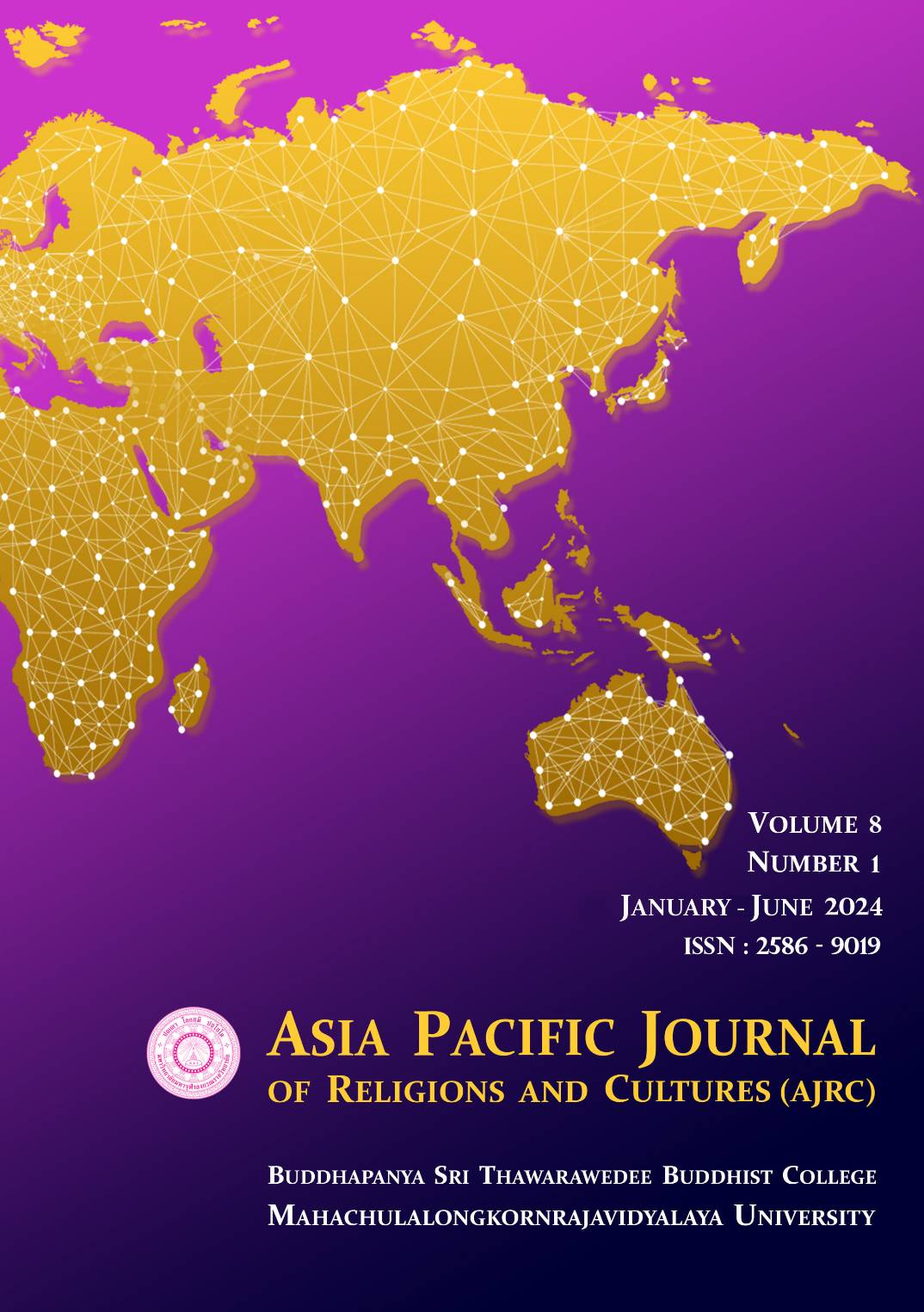The Mediating Role of Employee Performance in The Relationship Between Human Resource Management Practice and Organization Performance Among SMEs in Jiangxi Province, China
Main Article Content
Abstract
The research aims the main objective of the study is to analyze the mediating effect of employee performance in the relationship between human resource management practices and organization performance. The research design for the study is quantitative. The purposive sampling is used for the data collection, the sample is 414. The data were collected using Questionnaire Star and QQ and WeChat. Data analysis was done by using SPSS 26 and AMOS 24. The result of the study is that there is a significant positive effect of employee training and employee empowerment on employee performance. However, there is no significant positive effect of employee promotion on employee performance. And there is no significant positive effect of employee training and employee empowerment on organization performance. However, there is a significant positive effect of employee promotion on organizational performance. In addition, there is a significant positive effect of employee performance on organizational performance. Also, there is a mediation effect of employee performance in the relationship between employee training, employee empowerment, and organization performance. However, there is no mediation effect on employee promotion and organizational performance.
Article Details

This work is licensed under a Creative Commons Attribution-NonCommercial-NoDerivatives 4.0 International License.
References
Anugrah, A. (2020). Pengaruh Pelatihan dan Kompensasi terhadap Kinerja Karyawan melalui Komitmen Organisasi sebagai Variabel Intervening pada PT. Garuda Indonesia Kantor Cabang Pekanbaru. Procuratio: Jurnal Ilmiah Manajemen, 4, 466-477.
Asfaw, A. M., Argaw, M. D., & Bayissa, L. (2015). The impact of training and development on employee performance and effectiveness: A case study of District Five Administration Office, Bole Sub-City, Addis Ababa, Ethiopia. Journal of Human Resource and Sustainability Studies, 3, 188.
Combs, J., Liu, Y., Hall, A., & Ketchen, D. (2006). How much do high-performance work practices matter? A meta-analysis of their effects on organizational performance. Personnel psychology, 501--528.
Cooke, F. L. (2004). HRM, work, and employment in China. Routledge.
Garengo, P., Sardi, A., & Nudurupati, S. S. (2022). Human resource management (HRM) in the performance measurement and management (PMM) domain: a bibliometric review. International Journal of Productivity and Performance Management, 71, 3056-3077.
Hajiali, I., Kessi, A. M., Budiandriani, B., Prihatin, E., & Sufri, M. M. (2022). Determination of Work Motivation, Leadership Style, Employee Competence on Job Satisfaction and Employee Performance. Golden Ratio of Human Resource Management, 2, 57-69.
Liang, X., Marler, J. H., & Cui, Z. (2012). Strategic human resource management in China: east meets west. Academy of Management Perspectives, 26, 55-70.
Marginson, S. (2019). Limitations of human capital theory. Studies in Higher Education, 44, 287-301.
Masood, T. (2010). Impact of human resource management (HRM) practices on organizational performance: a mediating role of employee performance. Islamabad: Mohammad Ali Jinnah University, Department of Management Sciences.


